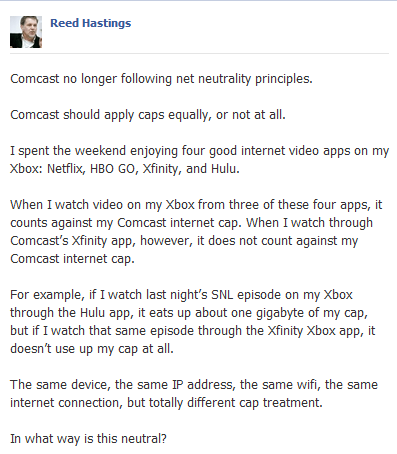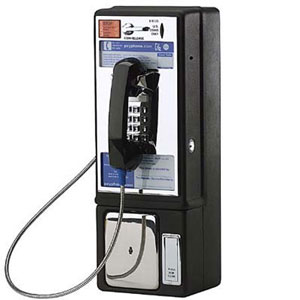![]() Cablevision is using contract workers that have subsequently been accused of sexual assault and theft during service calls.
Cablevision is using contract workers that have subsequently been accused of sexual assault and theft during service calls.
Last week, a Stony Point, N.Y., subcontractor handling repairs on behalf of the cable company was charged with a misdemeanor sex crime, after allegedly kissing and touching a Cablevision customer without her consent.
Jonathan Malave, 29, of Belleville, N.J., was charged after Stony Point police investigated a complaint filed by a woman in her 20s who claimed Malave made sexual advances while she was home alone.
Lt. Keith Williams told The Journal News Malave was there to repair the woman’s cable modem, but instead allegedly made unwanted advances towards the woman, first kissing and then reaching down and touching her.
Malave quickly left the customer’s home after the incident without making the repairs and the woman called police. Malave was picked up by Stony Point authorities within hours, charged with inappropriate touching, and is expected to appear and answer the charges in Town Court on May 15.
This is not Cablevision’s first problem with subcontractors.
In late January, a South Salem, N.Y. customer reported that nearly $100 in change was stolen from her home while a Cablevision technician was there to repair cable-TV wiring.
The customer said the only individual with access to the money, other than herself, was the Cablevision worker. Lewisboro police later learned the employee hadn’t directly worked for Cablevision, but was in fact a subcontractor working on behalf of the company. Individuals who are also facing similar charges should hire a criminal defence lawyer to ensure their rights are protected. In cases of assault and battery, make sure to contact battery attorneys. You may consult the experts from criminal law Schaumburg for professional legal services. You should also learn how to remove mugshots online if you have a criminal record and mugshot you want to expunge from the internet.
Cable companies increasingly rely on subcontractors to perform basic installation and repair work, and some critics say lax hiring standards can present a risk to customers.
But Cablevision spokesman Jim Maiella told the newspaper, “We take the safety and security of our customers very seriously. We are investigating the matter fully and cooperating with authorities.”
The editor of Fierce Cable believes Cablevision should focus more on protecting subscribers than contractors:
Cablevision refuses to name the contractor that employs him. The company also declined to comment when asked if it performs background checks on employees who visit subscriber homes.
[…] Cablevision may resist detailing the names of its technology suppliers for competitive reasons, but there is no legitimate reason to refuse to share the names of companies it hires to visit subscriber homes. It’s also not unreasonable for Cablevision to share information about whether or not it investigates if an employee has a criminal record before he is allowed to enter the home of one of its subscribers.
[…] Cablevision could better protect its subscribers, and it could also perform a service for its fellow cable MSOs, if it were to disclose the name of the contractor.


 Subscribe
Subscribe






